

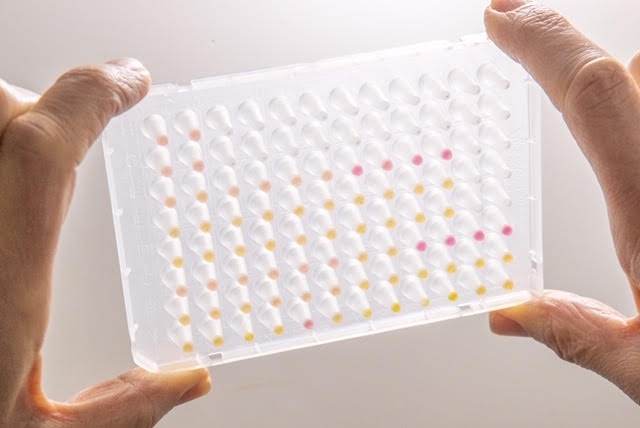
Designed by the Human Genome and Stem Cell Research Center, the novel test may cost a quarter of those based on RT-PCR, considered the gold standard for diagnosis of the disease.

Dozens of scientists from several countries calculated upper limits to global and local temperatures if tropical forests are to survive.
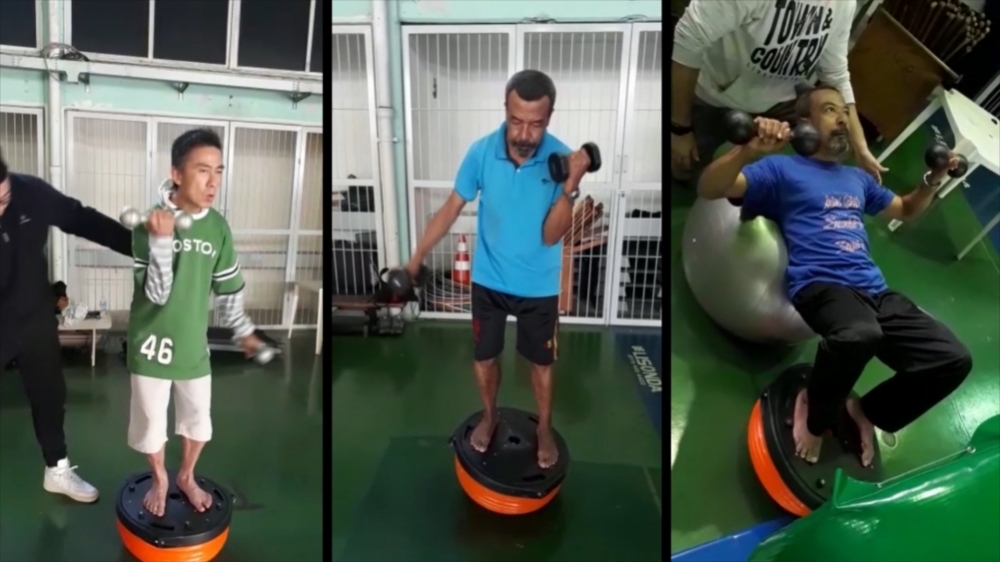
Brazilian researchers use complex training program to stimulate different motor and cognitive skills simultaneously and restore brain regions associated with freezing of gait in advanced-stage patients.

Project led by researchers from Brazilian and American institutions will collect primary data during the pandemic to create a repository that will serve as a basis for future studies. The findings of the comparative analysis will be published in book form.

Integrated with the air quality management tool created by startup Omni-electronica, a collector captures viruses suspended in the environment and submits the air samples to RT-PCR testing. Monitoring of crowded locations combined with indicators created by the firm can contribute to a safer economic reopening.

Governments should assure continuity of policies that promote bioenergy, biofuels and bioproducts, say the speakers in a webinar held by the Brazilian Bioenergy Science and Technology Conference, which is supported by BIOEN-FAPESP.

Researchers isolated eight novel polyphenols from the rarest type of propolis. Two of them were found to inhibit tumor cell proliferation in laboratory assays.

The conventional process requires costly large-scale equipment. The novel method can be executed in a single step by a device no larger than a microwave oven.
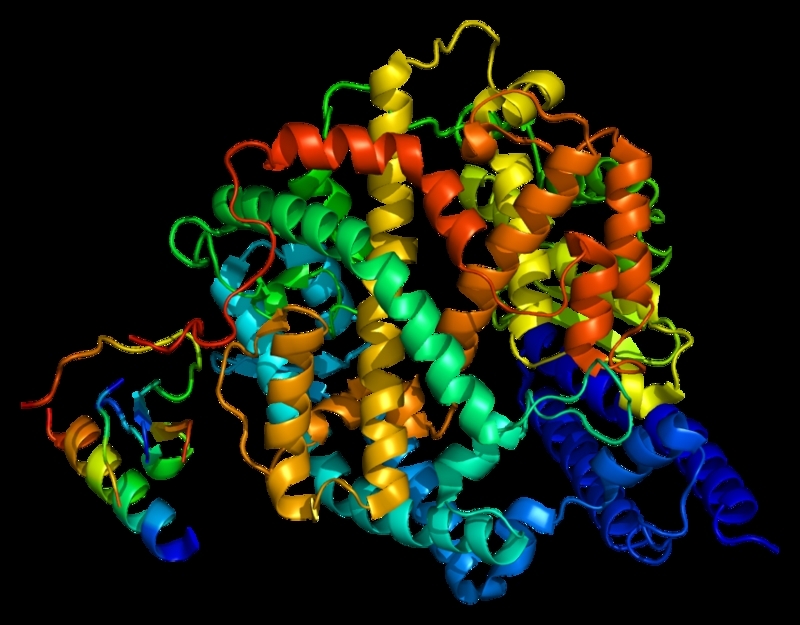
Brazilian researchers observed that in uninfected adipocytes, the hormone irisin altered the expression of genes that regulate ACE-2, which encodes a protein to which the virus binds in order to invade human cells.
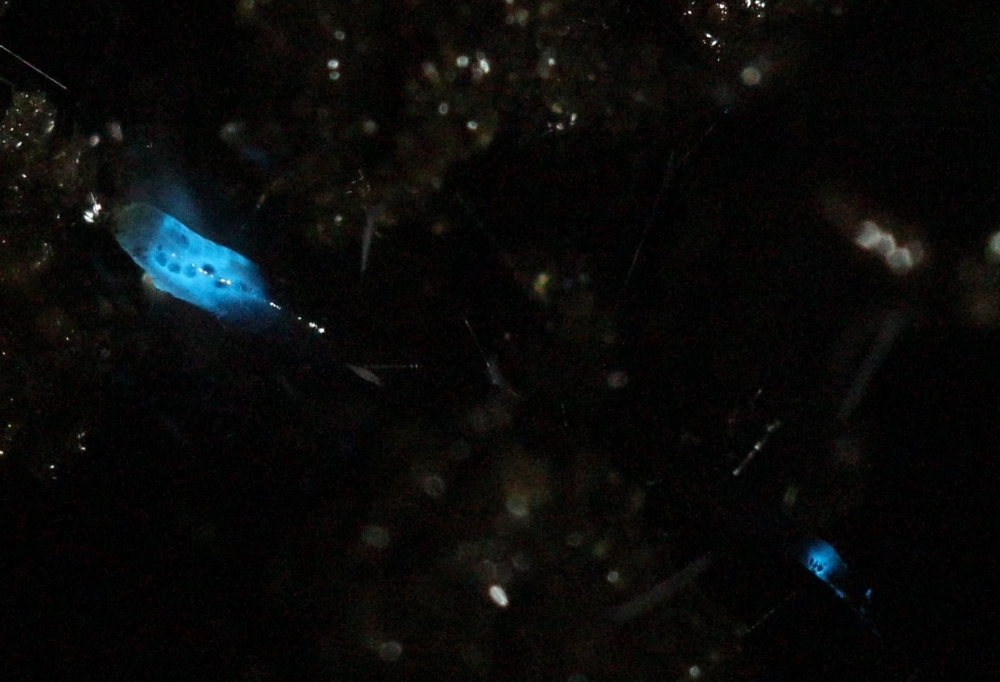
Researchers at the Federal University of São Carlos (UFSCar) isolated molecules present in the larvae of a blue light-emitting fungus gnat that inhabits the Appalachians. The study will help elucidate human diseases and could lead to novel biotech applications.

A literature review by researchers affiliated with universities in Brazil and the United States produces the first ever nationwide survey of land use impacts on water quality, showing how a lack of planning may affect the availability of a natural resource that is already becoming scarce.
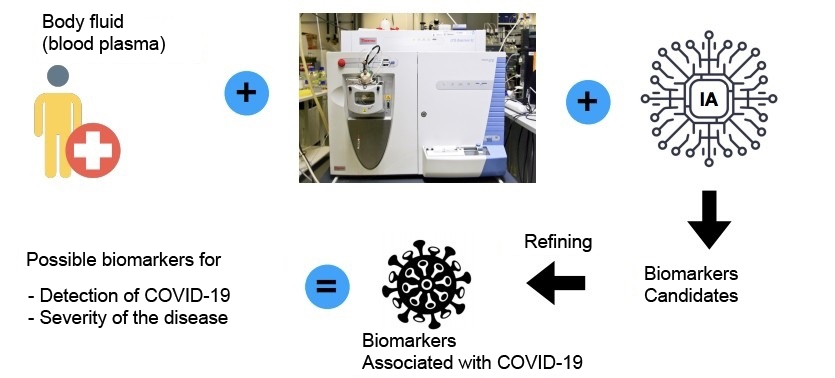
The automated system developed by Brazilian researchers is based on an analysis of patterns of molecules in patient blood plasma.

A study conducted at the FAPESP-funded Center for Research on Inflammatory Diseases (CRID) will identify key processes triggered by SARS-CoV-2 in human cells.

In a project supported by FAPESP, researchers at São Paulo State University (UNESP) will assess the potential of peptides and other bioactive molecules to inhibit the infection of cultured cells.

In an online seminar held by FAPESP, researchers from France, the US and Brazil discussed how data repositories can be made secure and easily accessible to accelerate the development of responses to the pandemic.

Frieseomelitta varia is a docile species of economic interest as a pollinator. Its workers are sterile, and some of its genetic sequences are identical to those found in other eusocial bees, pointing to the conservation of ancestral traits.
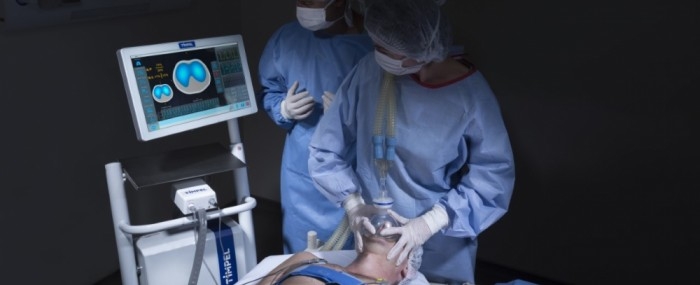
An electrical impedance tomography system was developed by a São Paulo-based startup to monitor the lungs of patients on mechanical ventilation uninterruptedly and noninvasively.

Webinar discussed prospects for future research on biodiversity. Synthesis centers designed to systematize knowledge in the field and scenario modeling studies are expected to gain importance in the years ahead.

Benefits were observed in a clinical trial involving 38 volunteers treated at the teaching hospital of the University of São Paulo’s Ribeirão Preto Medical School. The drug is cheap and can shorten ICU stays but should not be used outside hospitals, the researchers warn.

The lens can be used to produce high-resolution images with a wide field of view. It can serve as a camera lens in smartphones and can be used in other devices that depend on sensors.

A study is being conducted by a research center supported by FAPESP to determine whether people who develop severe forms of the disease have risk genes and whether asymptomatic people or patients with only mild symptoms have protective genes.

Specialists discussed the situation in a webinar held by Agência FAPESP and Canal Butantan. However, they stressed that achieving herd immunity should not be public policy, as clearly shown by the tragic death toll suffered in Manaus, the state capital of Amazonas.

The method identifies and distinguishes between flaviviruses that cause many diseases in humans and animals in Brazil.

Participants are members of the São Paulo arm of a study conducted in six Brazilian states beginning in 2008. The goal is to compare mental health before the pandemic to that during the pandemic in both healthy individuals and subjects suffering from anxiety and depression.

A study involving 13 patients requiring intubation for mechanical ventilation reinforces the theory that coagulation disorders resulting from an exacerbated inflammatory response to SARS-CoV-2 may explain some of the most severe symptoms of the disease.